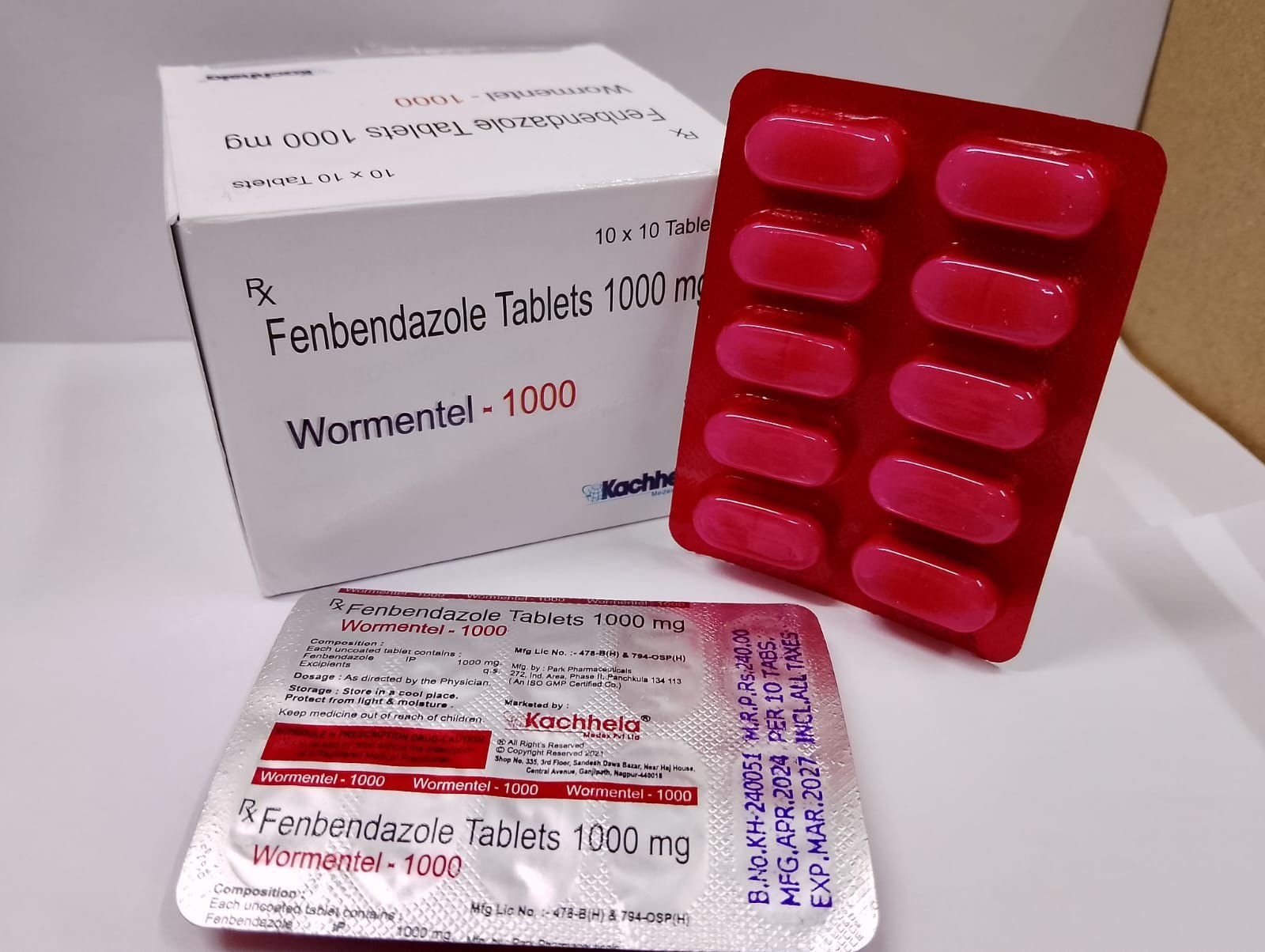Innovative Path to Recovery: Metabolic Therapy Inhibitors for Non-Alcoholic Fatty Liver Disease | San Rafael, United States
Embark on a transformative journey towards wellness with the groundbreaking metabolic therapy inhibitors medicine. Dive into innovative solutions for managing Non-alcoholic Fatty Liver Disease, paving the way to optimal health and vitality. Discover how this revolutionary treatment approach can redefine your well-being, offering a path towards revitalization and renewal. Unleash the power of cutting-edge science coupled with holistic healing practices to unlock your body's full potential and embrace a life of balance and longevity in San Rafael, United States.
What is Metabolic Therapy
Metabolic therapy optimizes cellular processes to enhance overall health and combat diseases. Through targeted nutrition, exercise, and lifestyle adjustments, it aims to boost metabolism, regulate hormones, and improve energy levels for a vibrant, balanced life.
A Scientific Approach to Disease Management
In recent years, scientific research has increasingly emphasized the profound impact of metabolic therapy on various diseases. Studies demonstrate its efficacy in mitigating risk factors associated with cardiovascular ailments, such as hypertension and high cholesterol. Additionally, metabolic therapy showcases promising results in cancer treatment by disrupting tumor metabolism and enhancing chemotherapy effectiveness. Furthermore, its neuroprotective properties offer hope in combating neurodegenerative disorders like Alzheimer's and Parkinson's. Backed by robust scientific evidence, metabolic therapy emerges as a holistic approach, leveraging nutrition, exercise, and lifestyle interventions to address multifaceted challenges in disease management and prevention
Human Effects of Metabolic Therapy Inhibitors
Metabolic therapy inhibitors offer promising avenues in disease management, targeting specific pathways to disrupt disease progression. Applied in cardiovascular health, cancer treatment, and neurodegenerative disorders, these inhibitors demonstrate safety through precise targeting, minimizing off-target effects. By modulating cellular metabolism, they hold potential for personalized treatment approaches, offering hope for improved outcomes and enhanced quality of life in patients facing diverse medical challenges.
Conclusion
In the modern era of healthcare, metabolic therapy has emerged as a groundbreaking approach in combating Non-alcoholic Fatty Liver Disease (NAFLD). This innovative treatment modality targets the underlying metabolic imbalances contributing to NAFLD, offering promising results for patients. Metabolic therapy inhibitors work by regulating key pathways involved in lipid metabolism and glucose homeostasis, addressing root causes of liver dysfunction. Clinical studies have shown significant improvements in liver function tests and reduction in hepatic fat accumulation with these novel inhibitors. With ongoing research into personalized therapeutic strategies, metabolic therapy is shaping new possibilities for managing NAFLD and improving overall patient outcomes.

